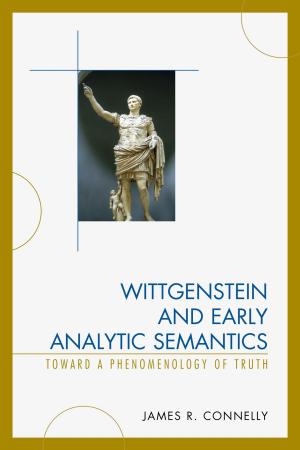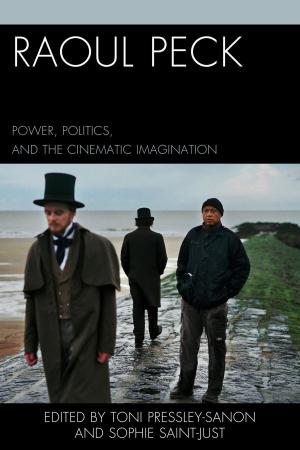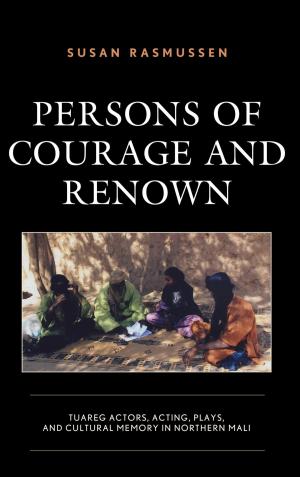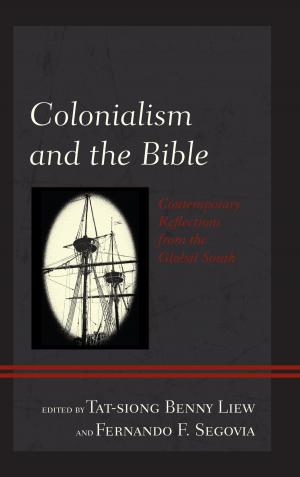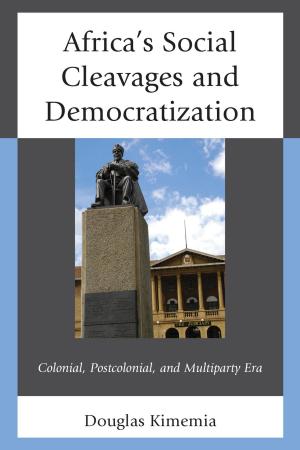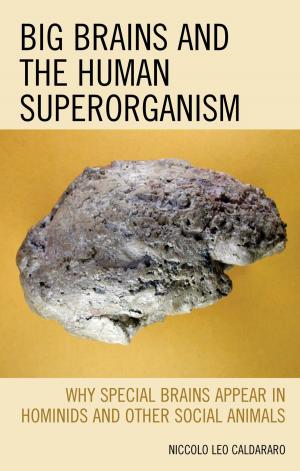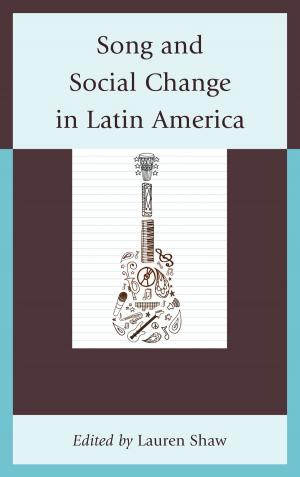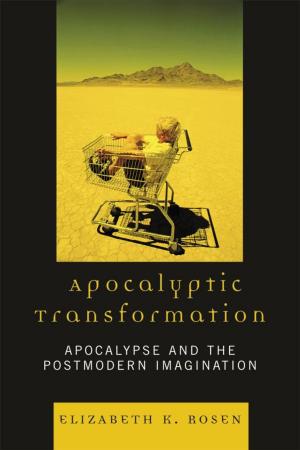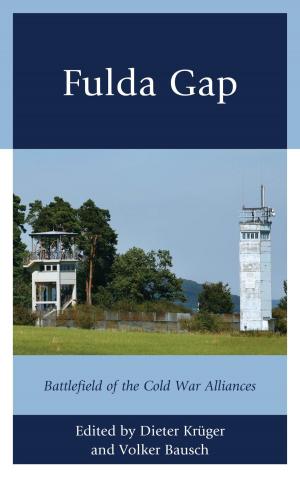Immortal Passage
Philosophical Speculations on Posthuman Evolution
Nonfiction, Religion & Spirituality, Philosophy, Modern, Social & Cultural Studies, Social Science, Anthropology| Author: | Asher Seidel | ISBN: | 9780739150085 |
| Publisher: | Lexington Books | Publication: | October 11, 2010 |
| Imprint: | Lexington Books | Language: | English |
| Author: | Asher Seidel |
| ISBN: | 9780739150085 |
| Publisher: | Lexington Books |
| Publication: | October 11, 2010 |
| Imprint: | Lexington Books |
| Language: | English |
Immortal Passage: Philosophical Speculations on Posthuman Evolution is Asher Seidel's speculative account of posthuman evolution. Seidel begins with the transitional period in which humans begin to live for significantly extended periods, then moves to the closer future in which, having transitioned, the now posthumans enjoy enhanced cognitive and creative powers. Finally, Seidel enters the distant future, where our descendants might possess abilities beyond the limits of what is presently conceivable. Seidel's speculations engage various philosophical problems. Seidel seeks an ethical theory that co-develops with a deeper scientific understanding of ourselves. He also examines the metaphysical and epistemological presuppositions of his recommendation for human to posthuman transitioning, including mind-body dualism vigorous enough to allow for full-bodied consciousness, but insufficient for freewill; perceptual direct realism; and self-identity. As the speculations reach further into the future, various socio-political questions regarding the difficulties of transitioning are explored. Speculated possibilities of pain-free living, cooperative relationships, nonbiological selfhood, and radically enhanced cognitive abilities, are examined in depth in this mind-bending ride into the future of humankind.
Immortal Passage: Philosophical Speculations on Posthuman Evolution is Asher Seidel's speculative account of posthuman evolution. Seidel begins with the transitional period in which humans begin to live for significantly extended periods, then moves to the closer future in which, having transitioned, the now posthumans enjoy enhanced cognitive and creative powers. Finally, Seidel enters the distant future, where our descendants might possess abilities beyond the limits of what is presently conceivable. Seidel's speculations engage various philosophical problems. Seidel seeks an ethical theory that co-develops with a deeper scientific understanding of ourselves. He also examines the metaphysical and epistemological presuppositions of his recommendation for human to posthuman transitioning, including mind-body dualism vigorous enough to allow for full-bodied consciousness, but insufficient for freewill; perceptual direct realism; and self-identity. As the speculations reach further into the future, various socio-political questions regarding the difficulties of transitioning are explored. Speculated possibilities of pain-free living, cooperative relationships, nonbiological selfhood, and radically enhanced cognitive abilities, are examined in depth in this mind-bending ride into the future of humankind.

